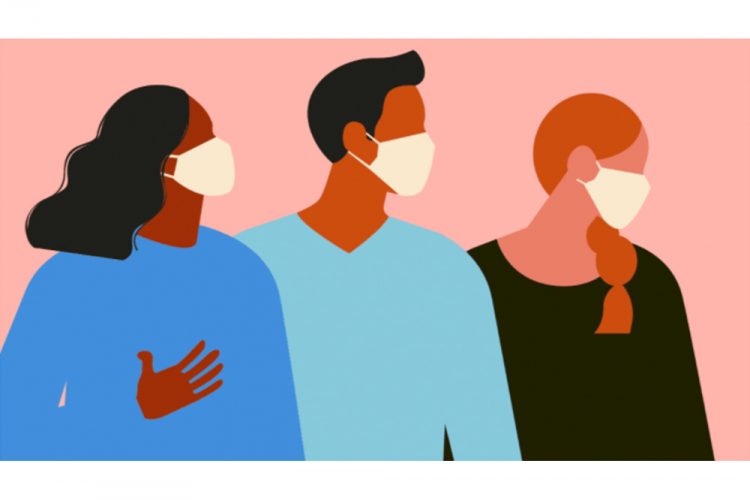Long road ahead with COVID-19

This year continues to be dominated by COVID-19. Whilst some countries have been successful at flattening the curve, the virus is still spiraling out of control in other places. After about seven months or so with the pandemic, there seems to be no end in sight. There is hope that with a vaccine we will be able to do mass vaccination, thereby decreasing the level of transmission and ultimately the elimination of the disease.
The development of a vaccine is a long and rigorous process that ensures that any vaccine that is put on the market is not only effective but is also safe. Researchers are working overtime to get a safe and effective vaccine as soon as possible. While we wait on a vaccine, scientific evidence has shown that there are measures that can be taken to reduce new infections and the spread of the disease. These measures are principally hand washing, physical and social distancing and the wearing of face mask. Despite these simple measures, implementation in many places has been challenged by various factors, such as the availability of resources, personal choice and lack of adherence. It is critically important that widespread education about these measures continue in order to increase health literacy, so that individuals are empowered with the knowledge and skills to understand the role that each of us play and what we should do to break the transmission cycle and flatten the curve.
Almost all countries have reported cases of COVID-19. In the Caribbean Region there have been imported and sporadic cases. Great efforts have been taken to reduce community transmission. In some cases, countries have reduced their detected cases to zero. During this period, we call it the first wave of transmission. However, as public health measures to contain the spread of the disease are lifted, we begin to see a rise in imported cases again that many are calling the second wave. Unfortunately, this is not the second wave. We are still in the first wave with countries at different points on the epidemiological curve. Fortunately, many of our countries are on the lower right hand side of the curve indicating a significant decrease in cases. We must continue to enforce stringent public health measures to keep the curve flat to avoid a potential second wave.
There is great concern that as we lift containment measures and we return to some level of normal operation, we will be faced with a global second wave sometime early next year post the Christmas holidays if a vaccine is not available by the end of the year. With this in mind, we have to ensure that during the holidays we do not become complacent and measures remain in place to minimize spread and a spike in cases.
While we continue to operate in this challenging environment, let us remember that all of us have a part to play in reducing transmission. Let us all be responsible and protect ourselves and others around us.
Dr Rosmond Adams, MD; MSc (Public Health); M.S (Bioethics) is a medical doctor and a public health specialist with training in bioethics and ethical issues in medicine, the life sciences and research. He is a lecturer of medical ethics and research methods. He is the Director of the Pan Caribbean Partnership Against HIV/AIDS (PANCAP). The view expressed here are solely those of the author and does not represent any organization or institution.













